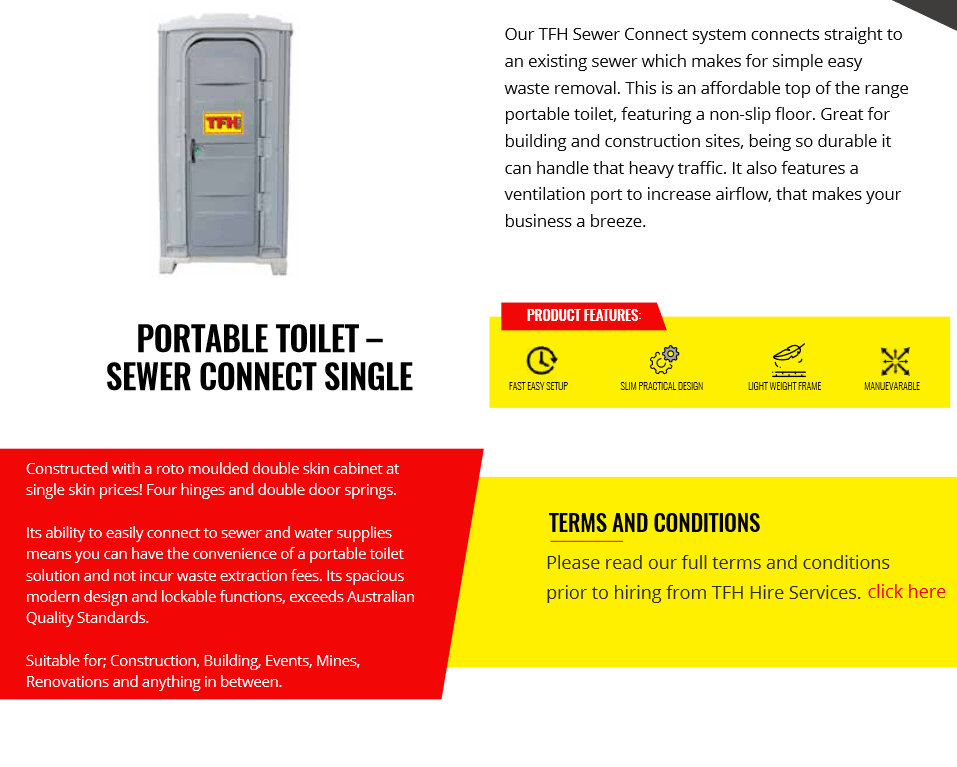Some Known Questions About Reclaim Waste.
Some Known Questions About Reclaim Waste.
Blog Article
The Facts About Reclaim Waste Revealed
Table of ContentsIndicators on Reclaim Waste You Need To KnowSome Known Details About Reclaim Waste The 4-Minute Rule for Reclaim WasteUnknown Facts About Reclaim WasteThe smart Trick of Reclaim Waste That Nobody is Discussing
Residential sewage waste refers to the waste and products from a household septic storage tank. The correct administration and disposal of residential sewage waste need fluid waste to be transferred to a sewage therapy plant where the appropriate methods and equipment are used to detoxify and dispose of waste.
Industrial waste usually includes prospective threats, such as flammable products or a combination of liquid and solid waste products, and needs a more sophisticated and comprehensive disposal procedure. The disposal of business waste generally includes the purification of waste prior to transportation to guarantee risk-free and correct disposal. Hazardous waste is created from byproducts and runoff of commercial processes and production.
This type of waste can not make use of the very same sewer management transportation or processes as septic or industrial liquids. The industrial waste administration process needs the assessment and screening of fluid waste prior to it undertakes the disposal procedure (industrial wastewater treatment). Runoff waste is the fluid waste that comes from runoff and excess stormwater in highly populated areas or cities
Runoff waste can create contamination and flooding if not managed appropriately. Guaranteeing proper waste monitoring can stop catastrophes and reduce ecological harm.
What Does Reclaim Waste Mean?
Contact PROS Providers today to learn more about our waste management and disposal services and the appropriate methods to care for the liquid waste you generate.
(https://profile.hatena.ne.jp/reclaimwaste1/)This so-called 'wastewater' is not only a vital source however, after treatment, will be launched to our land, rivers or the ocean. Used water from bathrooms, showers, baths, kitchen area sinks, washings and industrial procedures is known as wastewater.

water used to cool down equipment or clean plant and devices). Stormwater, a form of wastewater, is overflow that moves from agricultural and city locations such as roofing systems, parks, yards, roads, paths and seamless gutters into stormwater drains, after rain. Stormwater streams neglected straight to neighborhood creeks or rivers, ultimately getting to the ocean.
The Only Guide for Reclaim Waste
In Queensland, a lot of wastewater is dealt with at sewer treatment plants. Wastewater is delivered from residential or industrial sites through a system of sewers and pump terminals, known as sewerage reticulation, to a sewage therapy plant.
The Division of Natural Resources encourages regional governments about handling, operating and keeping sewerage systems and treatment plants. In unsewered areas, city governments might require owners to set up private or household sewage therapy systems to treat domestic wastewater from commodes, cooking areas, washrooms and washings. The Department of Natural Resources authorizes using home systems when they are shown to be effective.
In some brand-new neighborhoods, treatment of some stormwater to eliminate litter, sand and crushed rock has started using gross toxin traps. Wastewater therapy occurs in 4 stages: Removes solid issue.
Wastewater then moves into big tanks where solids clear up and are removed as sludge. Grease and residue are skimmed from the surface area. Uses small living microorganisms referred to as micro-organisms to damage down and get rid of staying liquified wastes and fine bits. Micro-organisms and wastes are included in the sludge. Removes nitrogen and phosphorus nutrients that might cause algal blooms in our waterways and endanger water life.
The smart Trick of Reclaim Waste That Nobody is Discussing
Nutrient elimination is not readily available at all sewer treatment plants because it requires pricey specialized tools. Clear liquid effluent created after treatment might still have disease-causing micro-organisms - industrial wastewater treatment.

Most wastewater moves into the sewage system. Under the Act, local federal governments provide authorizations and licences for eco appropriate activities (Periods) involving wastewater launches that might have a neighborhood impact.
The Basic Principles Of Reclaim Waste
Surveillance gives factual information concerning water top quality and can validate that permit problems are being met. The information gotten via surveillance provides the you could try these out basis for making water top quality choices.
Report this page